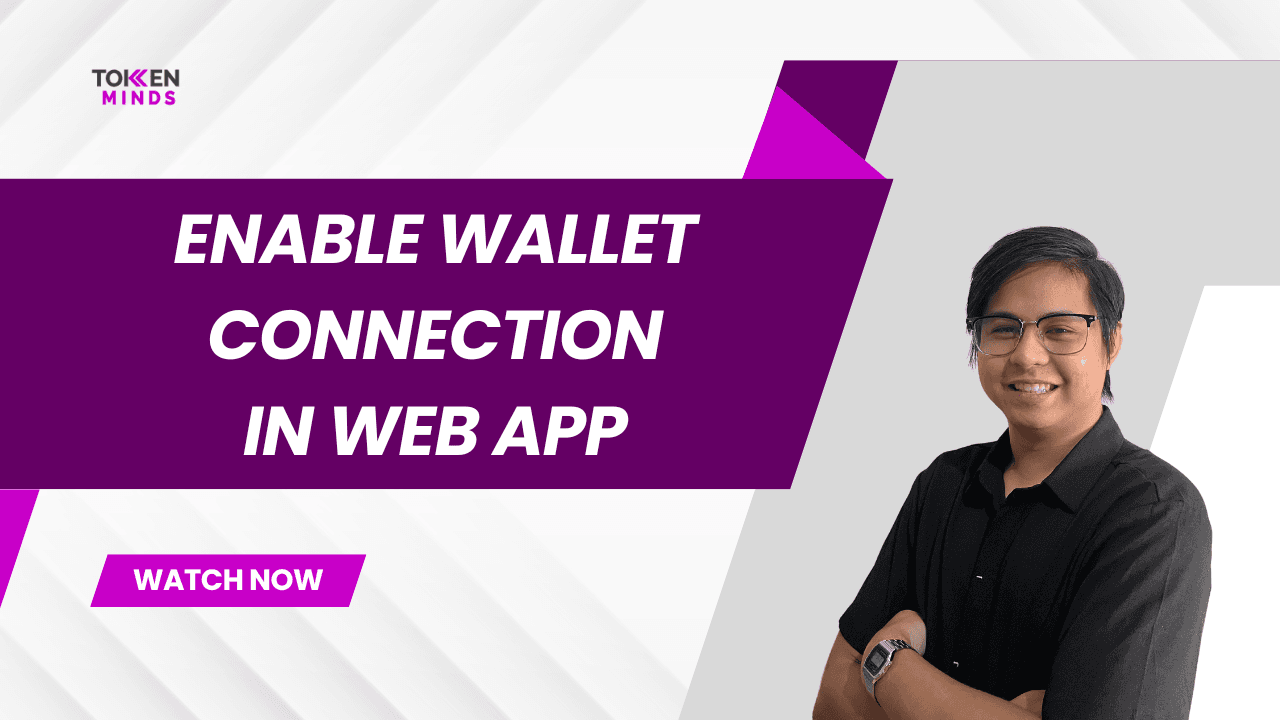Blockchain technology certainly has its fair share of buzzwords. If you’ve been following the developments keenly, you have undoubtedly heard the phrase “asset tokenization”.
And our guess is that you’ve not only heard about it but also read about it and seen ads for services about it.
This phrase is a new buzzword that the cryptocurrency community is using to tout a new “token economy” in which traditional assets such as company shares can be digitalized through blockchain. Asset tokenization has other similar words include tokenization of illiquid assets, asset-backed tokens, security tokens, and tokenization of company shares.
Like most buzzwords, however, many of us don’t know what asset tokenization means and what benefits brings to companies.
Asset Tokenization – Buzzword or Opportunity?
Tokenization is the process of issuing a token that digitally represents tradeable assets. Any asset with real-world value such as art, commodities and real estate is tradeable once it is converted into a digital representation in the form of a token. These tokens are issued through security token offerings (STO) and can then be traded on a secondary market such as cryptocurrency exchange.
For example, we have seen commercial real estate companies tokenize their illiquid property assets giving them greater liquidity and asset appreciation. Rather than requiring very large investments, or tying up money for extended periods with investment split across a number of assets, tokenization allows these companies to digitalize a specific property in which people are interested and then sell the tokens to a larger investor community.
So asset tokenization is not just a buzzword—it presents a wonderful opportunity for companies to unlock massive value in currently illiquid assets and thus raise funds for their projects. For investors, it is a transparent and more accessible way to trade security tokens and benefit from good returns and greater personalization.
What’s Required to Tokenize Assets?
Asset tokenization is not a straight forward process. There are many regulatory guidelines that direct the issuance of security tokens. This is true not just for the creation and initial sale of the tokens but also for trading them on secondary markets.
For instance, you need to answer the following question before tokenizing any assets:
What is the legal representation of the token? What does your token represent? Does it represent the right to use the underlying asset or perhaps shares in an SPV (Special Purpose Vehicle) that owns the asset?
What is the logic of smart contracts or protocol? This means that the principles, voting, and structures that govern how security tokens are issued must be incorporated into smart contracts to ensure compliance.
How is storage and transfer of ownership of asset-backed tokens carried out? Can you get a blockchain platform that is authorized to store those rights to the asset? On top of that, you need to make sure that the platform is capable of transferring ownership to investors in a compliant way. Ensuring compliance in issuing and transfer of ownership of a tokenized asset to unaccredited investors is still a major regulatory issue.
How will assets be traded in secondary markets? To ensure the trading of security tokens only on regulated marketplaces, a set of regulations is needed. We are looking at procedures to guide ownership, private valuations, AML/KYC, investors, etc. Also, these requirements can significantly vary from jurisdiction to jurisdiction.
It’s worth pointing out that as it stands, we don’t currently have answers to most of the above questions?
Tokenization of Company Shares
Nevertheless, there are other ways to tokenize assets even without the regulatory measures in place. Tokenize the entire company on the blockchain!
By tokenizing a legal entity such as a company, the owners are able to give compliant ownership of the asset to investors who can then sell, buy, trade or merge its tokenized assets
For example, we’ve seen established companies tokenize their company shares on the blockchain allowing them to raise funds from a large pool of investors. Similar to tokenizing illiquid assets, tokenized company shares are a digital representation of assets owned by the company.
Companies can also track and manage all token-holders digitally on the blockchain since the holders’ rights and responsibilities are embedded directly into the token, along with an immutable record of ownership.
That’s what makes them blockchain-powered companies.
Tokenize Your Company Shares with TokenMinds
As the token economy garners pace, TokenMinds is quick to take part in a community-driven approach to help these companies successfully issue tokens. We advise issuers on how to structure and deploy security tokens on a blockchain platform. In particular, we help you convert company shares into ER-20 tokens and ensure compliance with relevant securities regulations in various jurisdictions.
This allows you to have real legal ownership over tokenized assets giving you peace of mind and confidence to participate in the token economy.
Right now TokenMinds is offering company incorporation in Seychelles, Singapore, and Wyoming. The obvious reason for this is that these countries have welcoming legal frameworks that promote asset tokenization.
Visit this link to learn more about our fully compliant Asset Tokenization services.
Our experts are just a click away for clients who wish to schedule a free consultation today with this reputed crypto marketing agency. The free consultation is a valuable and poignant place to start.
To discuss asset tokenization opportunities for your company please contact TokenMinds on:
Telegram: https://t.me/tokenminds
Email: info@tokenminds.coWebsite: https://tokenminds.co/







